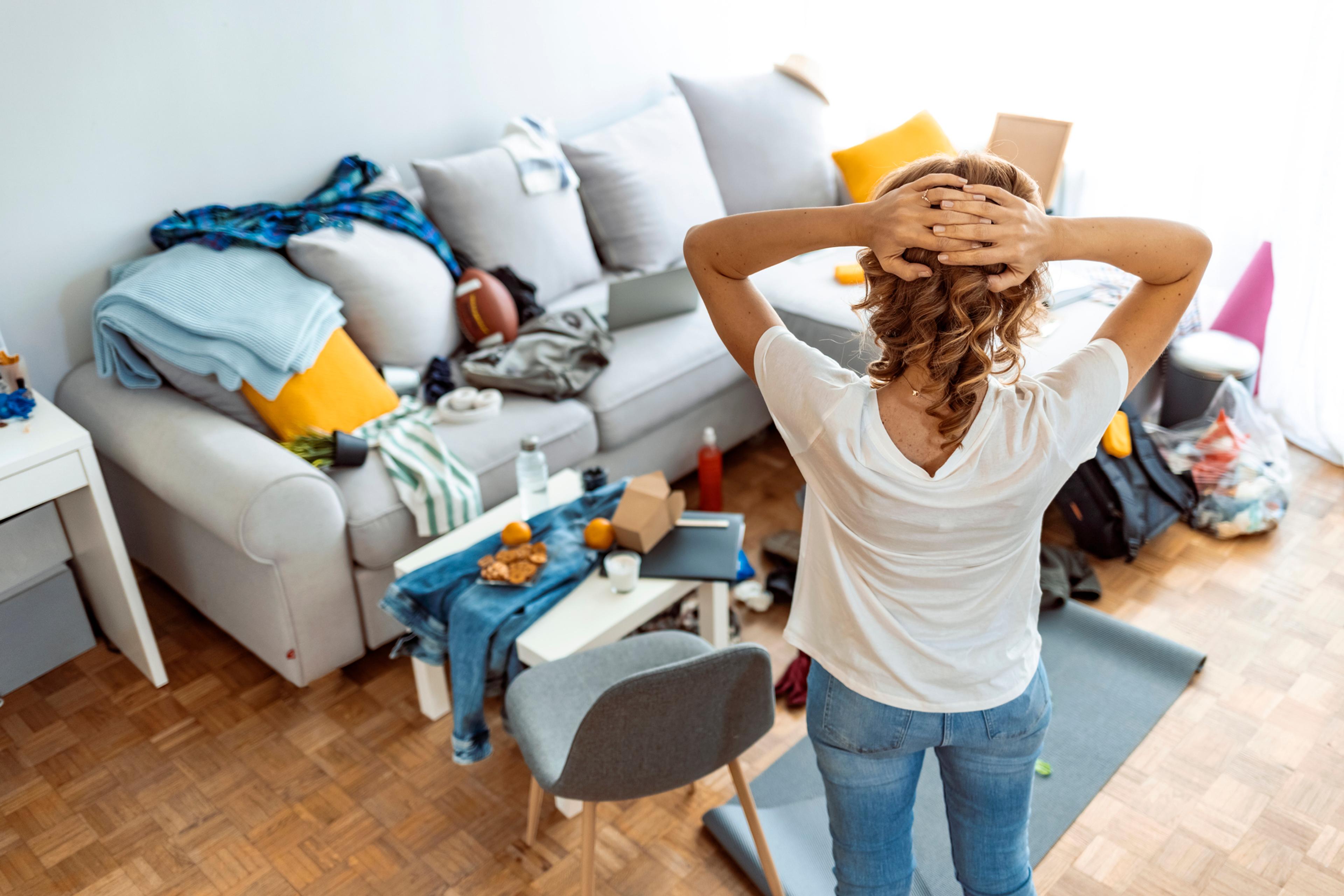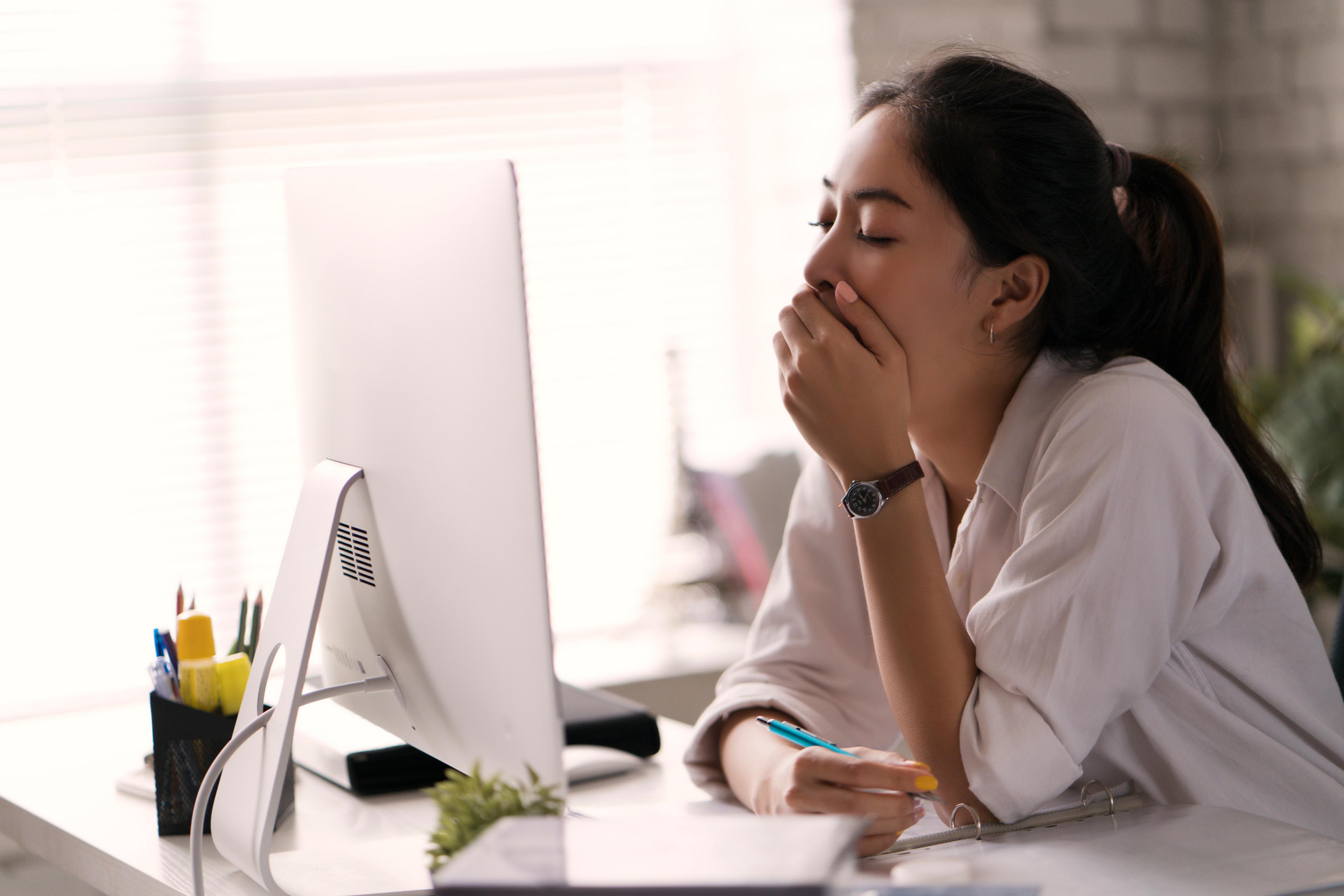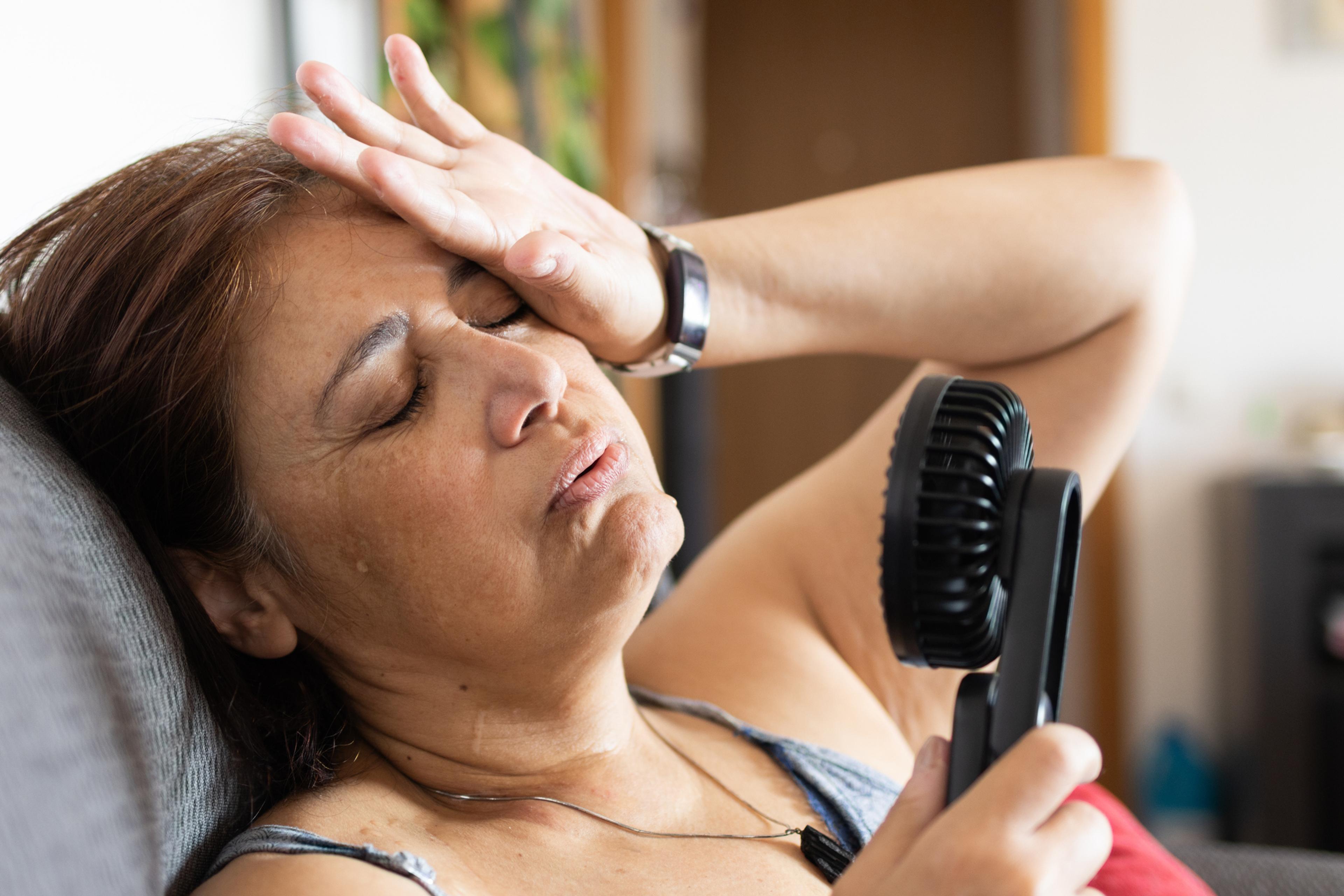
Spring is a great time to declutter your home or workspace.
A messy home or office can contribute to feelings of overwhelm, stress, and shame. It can also be a two-way street, as some research states that clutter accumulation can occur because of a mental health crisis.
Tackling a major cleaning project may appear daunting, but don’t understate the mental relief you can attain by living in a clean space.
The relationship between clutter and stress
Sometimes, living with anxiety, depression, or stress can lead to less disorganization around the house. People overwhelmed by sadness or other negative emotions might not have the energy to take care of themselves or their surroundings. They may not have the mental bandwidth to engage in housekeeping the way they once did. Or they might use shopping or accumulating things to cope.
Additionally, people living in cluttered spaces may experience elevated levels of cortisol throughout the day. Our bodies release cortisol when we feel acute, chronic, and traumatic stress. Chronic stress happens when we experience ongoing situations that cause frustration or anxiety, making it the most applicable form of stress linked to clutter.
How clutter impacts the mind
Some of the earliest studies on stress and well-being say that a comfortable environment as essential to “mental hygiene.” If you work or just generally spend a lot of time in a cluttered area, your thought process may suffer, and your brain can become less effective at processing information.
Multiple studies have noted the psychological effects of clutter when it’s in a person’s sight. Clutter competes for your brain’s resources as you try to engage in a viewing experience, focus on an assignment or task, or even pick up on a person’s emotional expressions. Visual clutter is distracting, and it hinders our ability to concentrate.
Clutter can lead to shame and isolation
We are less inclined to have guests over if we are embarrassed by the appearance of our house. The deeper we lean into this cycle, the more isolated we may become.
Shutting people out can lead to feelings of sadness and loneliness. This can possibly explain why hoarding– which is a mental health condition – often overlaps with depression and anxiety.
Hoarding disorder affects approximately 2.6% of the population, with higher rates for people over 60 years old and people with other psychiatric diagnoses, like anxiety and depression, according to the American Psychiatric Association.
Decluttering tips
Whether a person is diagnosed with hoarding disorder or not, cleaning can be easier said than done for someone who struggles with clutter. Different approaches work for different people.
KC Davis is a licensed professional counselor, author and popular TikTok personality. One of her most popular self-help strategies is “five things tidying.” The thought is, there are only five things in any room: trash, dishes, laundry, things with a place and things without a place. Focusing on one of those things at a time can stop some people from feeling overwhelmed by a seemingly mountainous amount of clutter.
Another way to dodge that overwhelming feeling is to set a timer on your phone at the beginning or end of each day for 10 or 15 minutes. Clean as much as you can in that timespan then call it quits until tomorrow.
Another strategy is to key in on items of yours that are often in disarray. Ask yourself why clutter keeps building up in that spot and think about creating a system designed to nip that issue in the bud as you go and live. For example, if bills, receipts, and other papers are constantly piling up on your dining room table or home office, create a filing system. Get manilla folders and a crate and start filing those papers away as you go.
Finally, the “hands-off approach” is another tactic to try if you are open to the idea of decluttering with a friend or family member. Some individuals who are particularly overwhelmed may have an over-attachment to personal items, making it hard to get rid of them. You might be less likely to part with something you are attached to, so consider having a friend sort through those items. They can pick it up, ask if you need it and toss it out based on your response.
Remember, it’s normal to deal with a small amount of clutter at home or at work. But if you think your problem is serious, and you don’t think these tips will work, consider seeking professional help.
Photo credit: Getty Images





